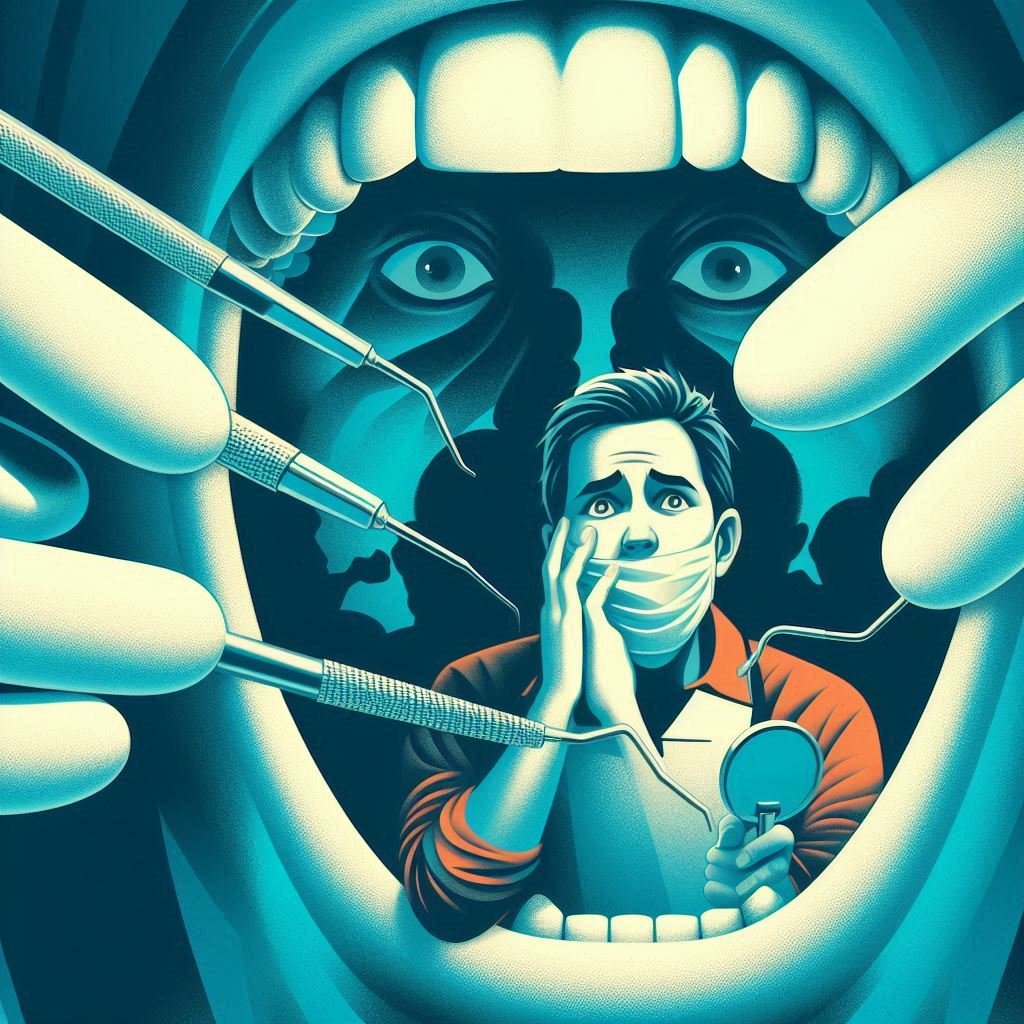Fear of failure
To become a great musician, first you must play a lot of bad music.
To become a great tennis player, first you have to hit a lot of balls into the net.
There are no shortcuts to success.
One of the major fears that drives anxiety is the fear of looking foolish, being wrong or not living up to expectations – in other words a fear of failure. It drives many people with perfectionist tendencies and can be a powerful motivator for success. But fear of failure can also be the curse of people with perfectionism, sometimes driving them to a state of distress, procrastination, avoidance or even paralysis. We need to challenge our perception of failure and what it says about us.
Firstly, it’s important to recognise that failure provides us with an opportunity to learn and grow, and we should embrace that. Why did we fail? How can we make sure that we don’t fail like that again? Looking at failure with a growth mindset is important in making sure that we don’t make the same mistakes again.
It is almost impossible to come up with the perfect solution to a problem the first time, so in many respects failure should be expected as part of the normal process of problem solving. But perhaps we should redefine what we mean (or what we think we mean) by failure. Because implicit in our perception of failure is negativity. Failure is the opposite of success. And if success is winning, then it follows that failure must be losing. Which impacts on our self-worth. Society idolises winners, so being seen as a failure can trigger feelings of embarrassment, shame and anger, and be devastating for our self-esteem.
But if we reframe failure as simply a step along the pathway to success, then it changes the way that we feel about our failures. It removes the stigma and the negative emotion. One way to think about this is setting approach goals rather than avoidance goals, using your motivation to achieve a positive outcome rather than to avoid a negative one.
Approach goals have a positive outcome that we work towards – for example to be more efficient or to take on more leadership responsibilities.
Avoidance goals have a negative outcome that we work to avoid – for example to stop procrastinating.
Constantly pursuing avoidance goals and focusing on potential negative outcomes drains emotional energy and enjoyment.
“Your conception of failure might not be too far removed from the average person’s idea of success.” J.K. Rowling
Another fallacy that we have about success and failure is the presumption that if someone has succeeded, it must be because they are brilliant, and if they have failed, then they didn’t try hard enough, which further impacts on our self-worth.
Behavioural science tells us that the anticipation or fear of failure is far worse that the pain you experience if things don’t go right. One of the greatest fears that most people have is public speaking, yet most people survive their first public speaking experience without major consequences, and it invariably gets easier from there.
So why do we worry so much about what other people think about us? When I went on MasterChef, people asked if I was worried about failing on national television. Now there is no doubt I had some spectacular failures on that show, but my thought process was that whilst 1 million people in Australia watched MasterChef each night, 24 million people didn’t – so less than 5% of the population would see me fail (of course I forgot about the massive international audience!). But more importantly, if I allowed that fear of failure (admittedly in front a large audience) to drive my behaviour, then I would have missed out on an amazing opportunity and experience.
It is said that fear extinguishes more dreams than failure. Fear of failure will prevent you from seeking out new experiences or taking risks, so it is important to try and embrace and challenge those fears in order to grow and experience new opportunities.

